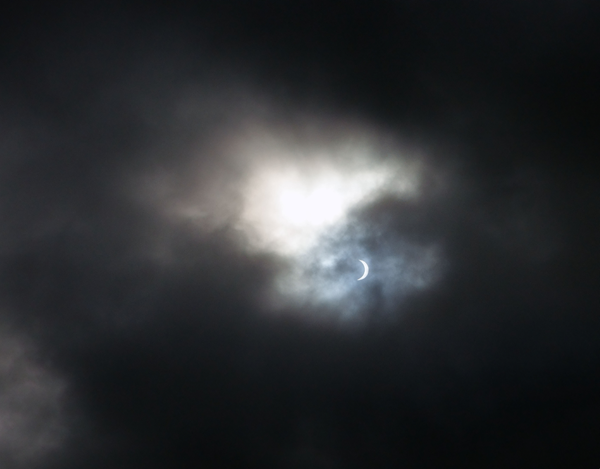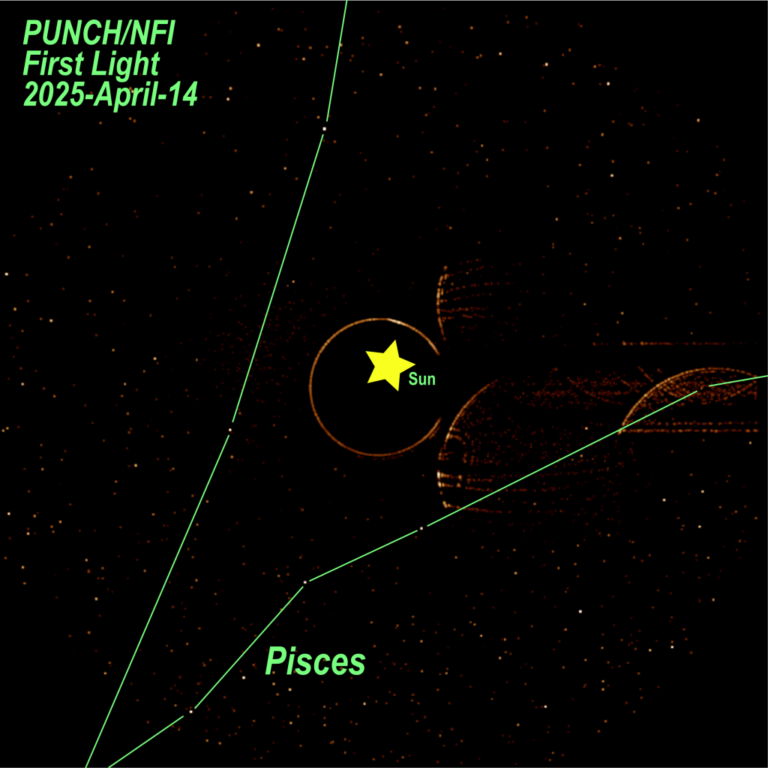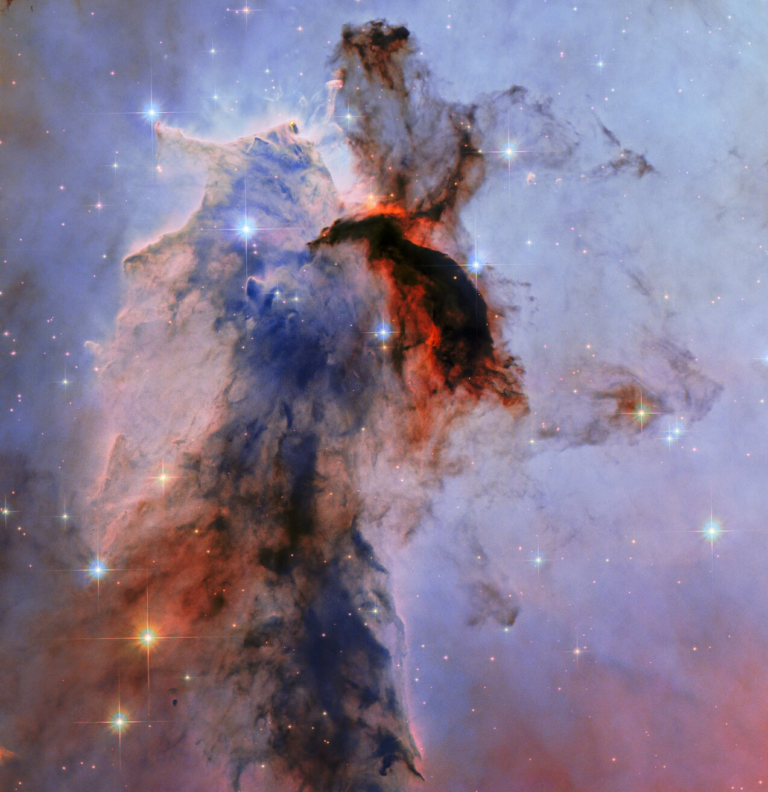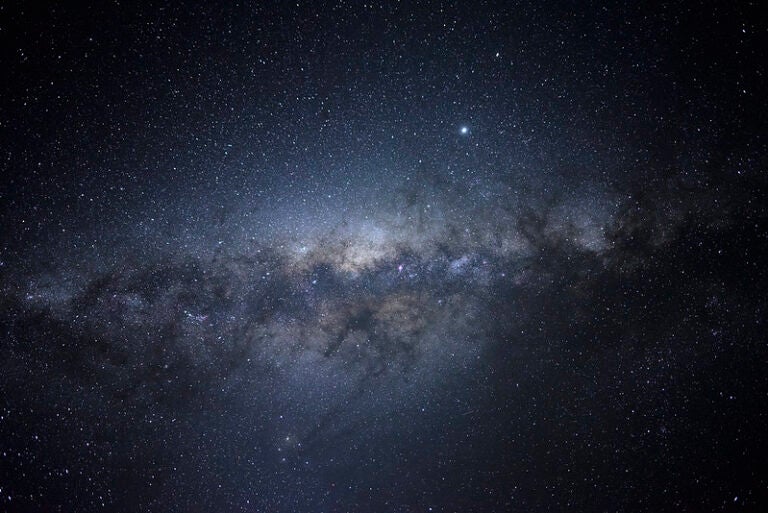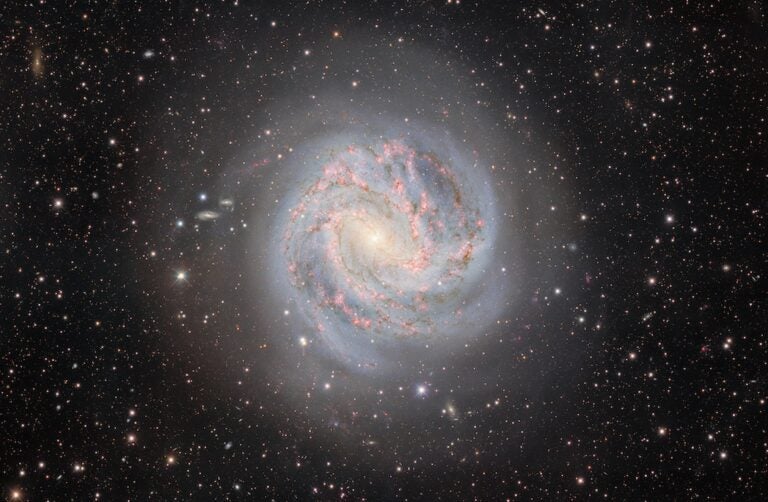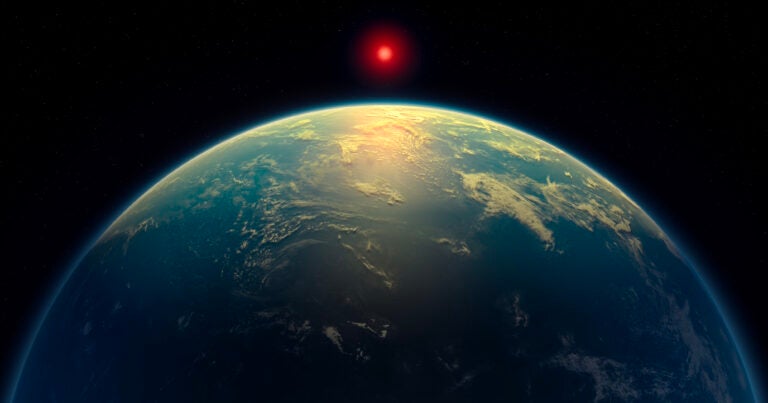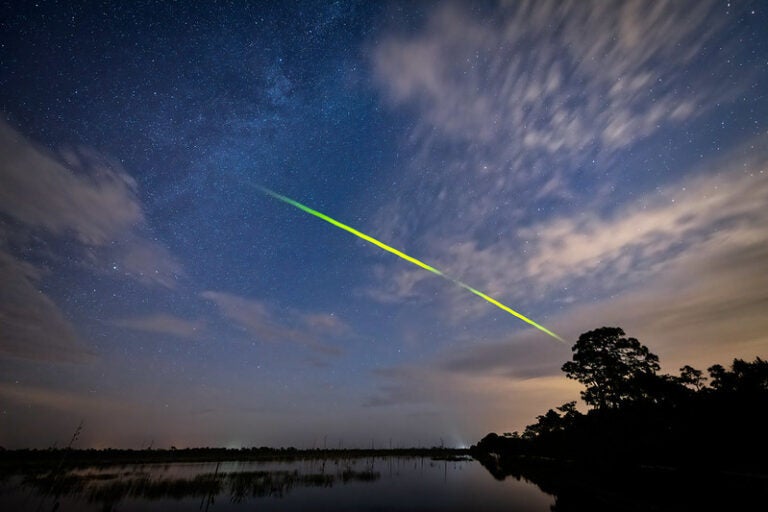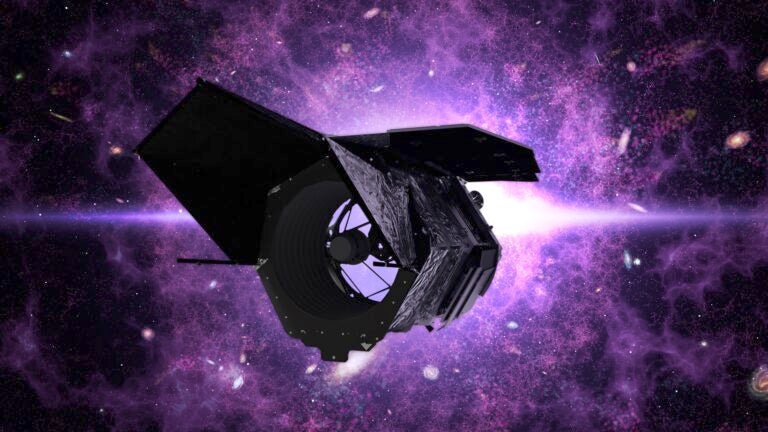When people think of Halloween, the celestial body they most often associate with it is the Moon. These days, anytime anyone mentions the Moon or the Sun, I think about the great upcoming event: the total solar eclipse that will occur August 21. Relating eclipses to the prevailing attitude of the holiday is fairly easy. In fact, it’s really not all that tough to find a superstition from ancient times related to eclipses.
But if you think only the ancients were scared of eclipses in a superstitious fashion, consider the Kalina people. They’re indigenous to the northern coastal areas in South America. For the June 30, 1973, total solar eclipse, a group of ethnologists visited one of their tribes in Suriname to record their behavior during the event.
In Kalina mythology, the Sun and Moon are brothers who are very close — usually. At times, however, they fight, and those fights are so fierce that they place the whole world in danger. When the two brothers go at it, the Kalina try to get them to stop fighting by banging on pots, stumps, and drums — in other words, making the loudest noise they can.
In their lore, the disappearance of the Sun (during a solar eclipse) or the Moon (during a lunar eclipse) means that one of the brothers has knocked the other one out. That’s when the people yell, “Wake up, Papa!” They use that name because of the respect they have for the brothers, not because they believe the Sun or the Moon is their actual ancestor.
Anyway, even though they couldn’t see the 1973 eclipse directly because it was cloudy, they did experience the darkening during daytime. The first thing that happened when they realized what was occurring was that the oldest women rounded up the children. Using branches, they carefully spread white clay all over them. Next, they smeared the clay over the younger women and finally did the same to the men of the tribe.
According to their superstition, the white clay is blood that’s fallen from the injured Sun. They cover themselves with it for two reasons. First, because they regard the clay as holy, it purifies the tribe members. Second, and probably more importantly, it restores our daytime star’s former brightness. After an hour (and as the darkness once again gave way to light), everyone washed the clay off in a nearby river.
Cue Stevie Wonder’s Superstition: “When you believe in things that you don’t understand …”

